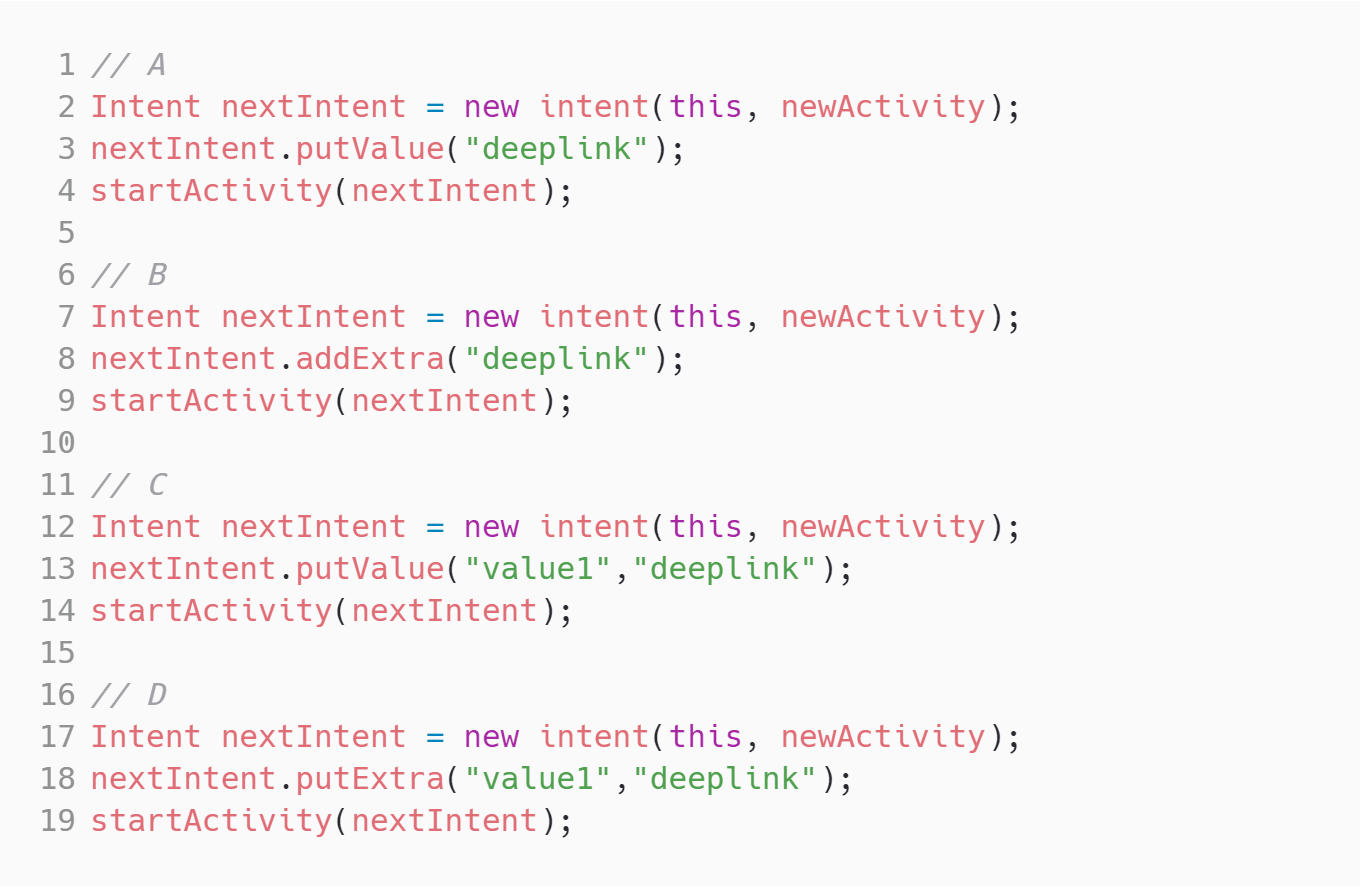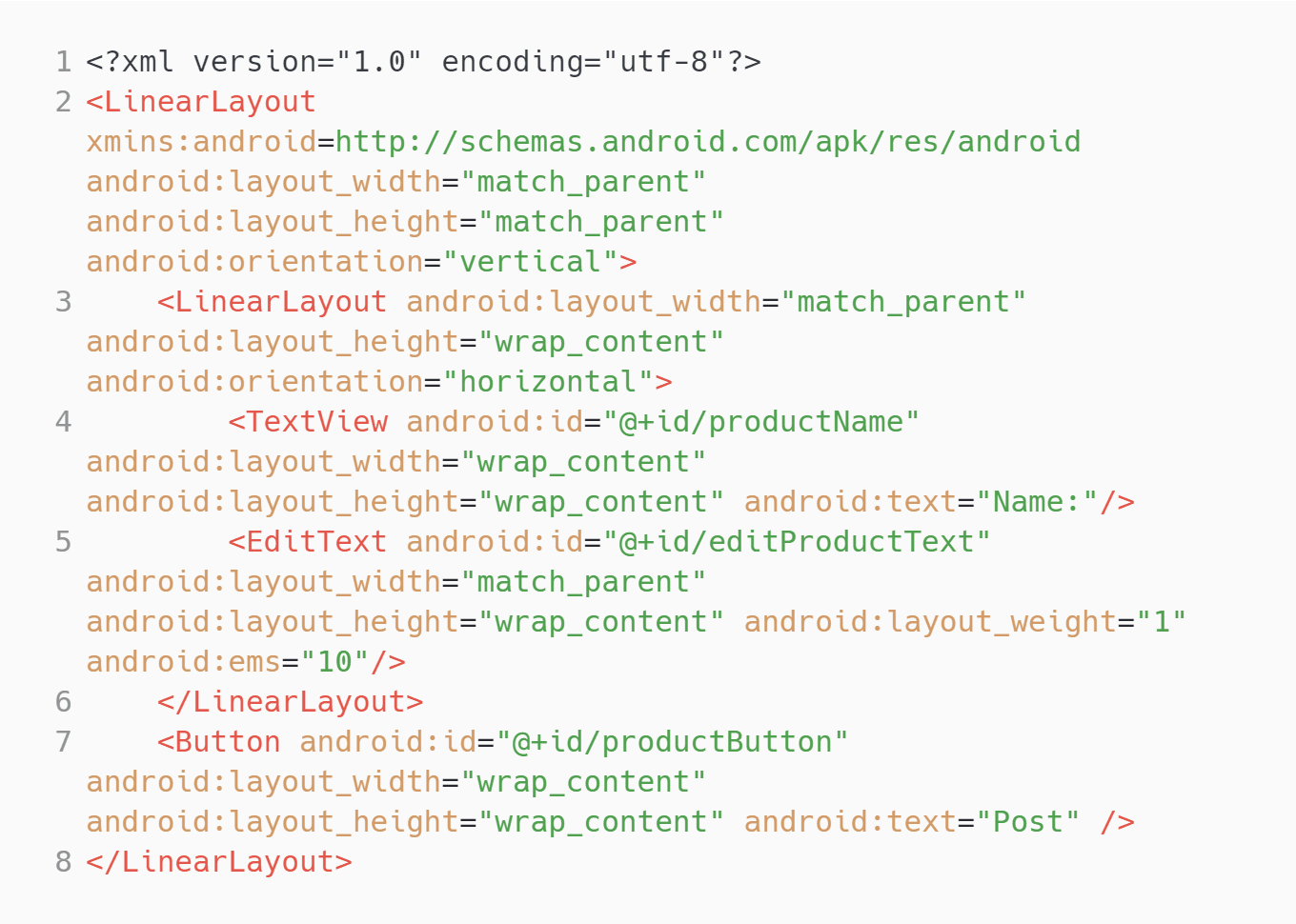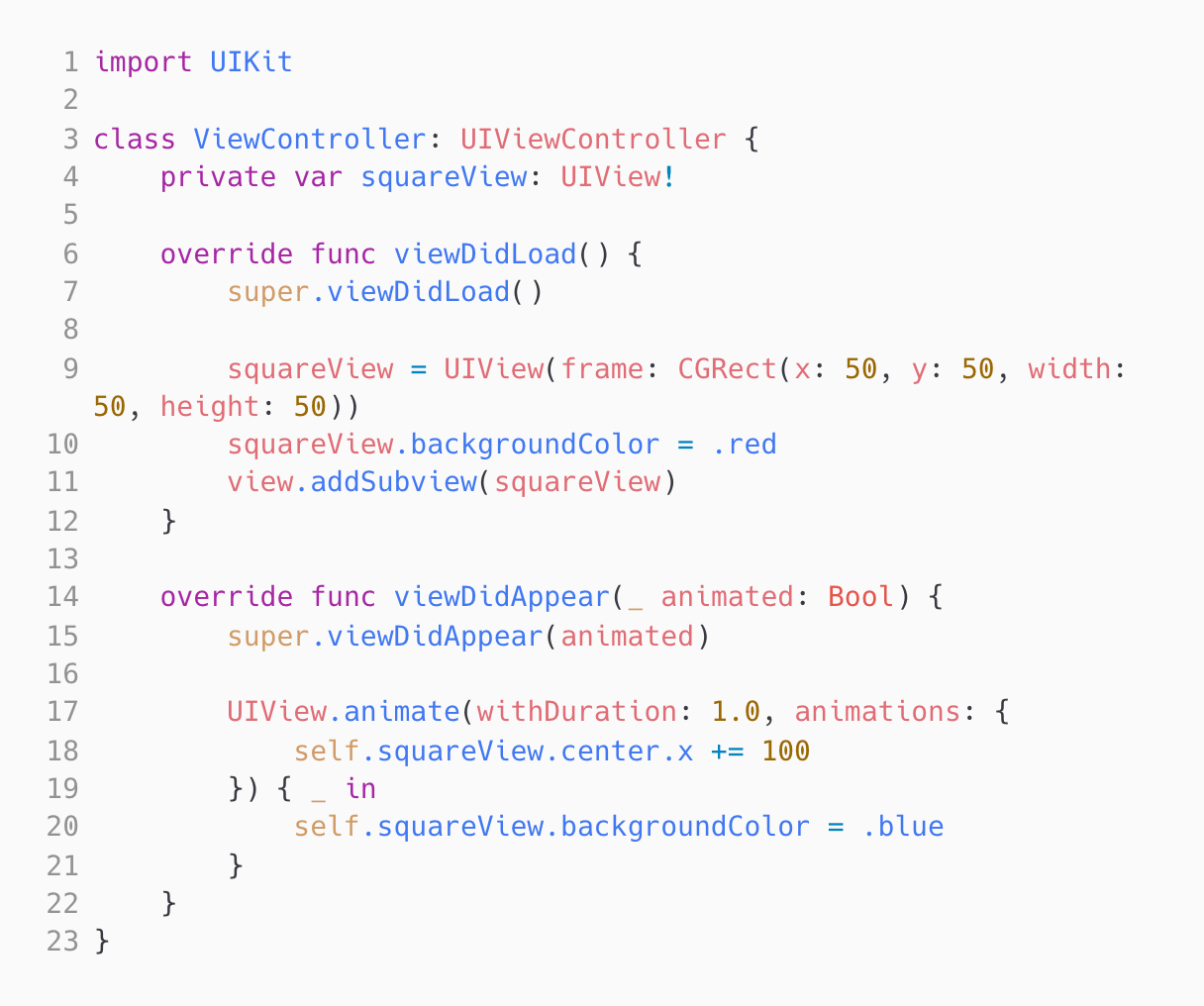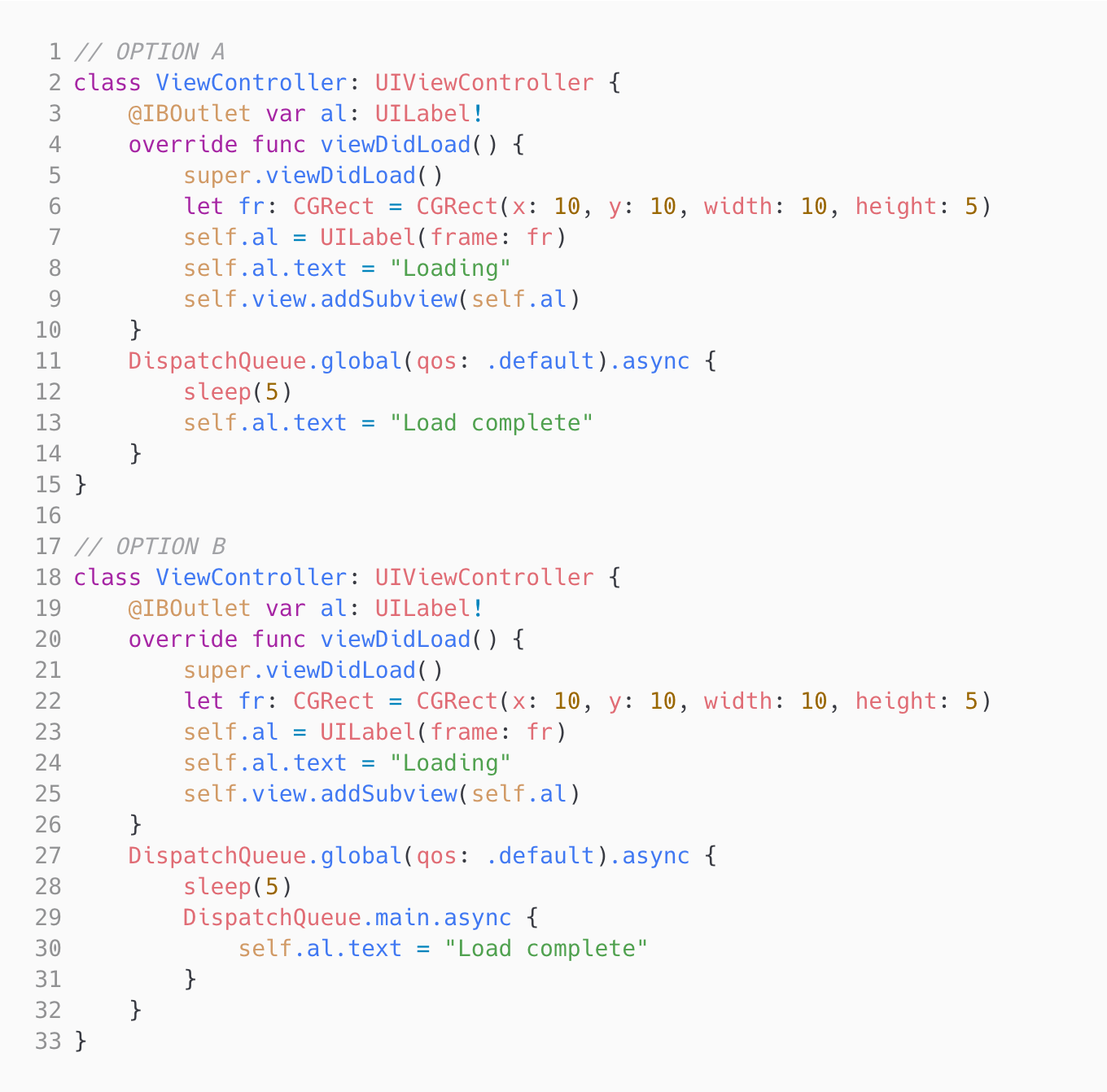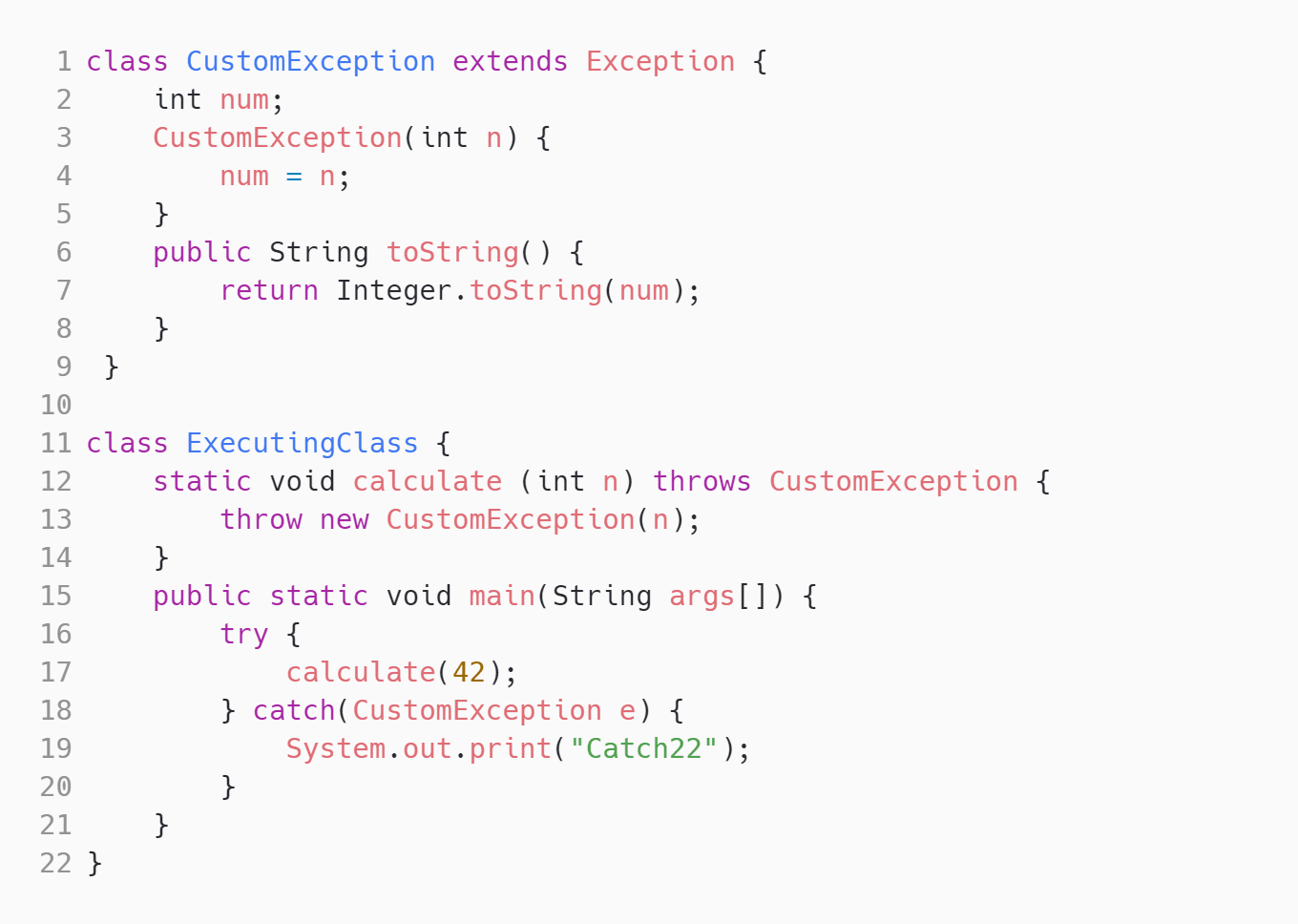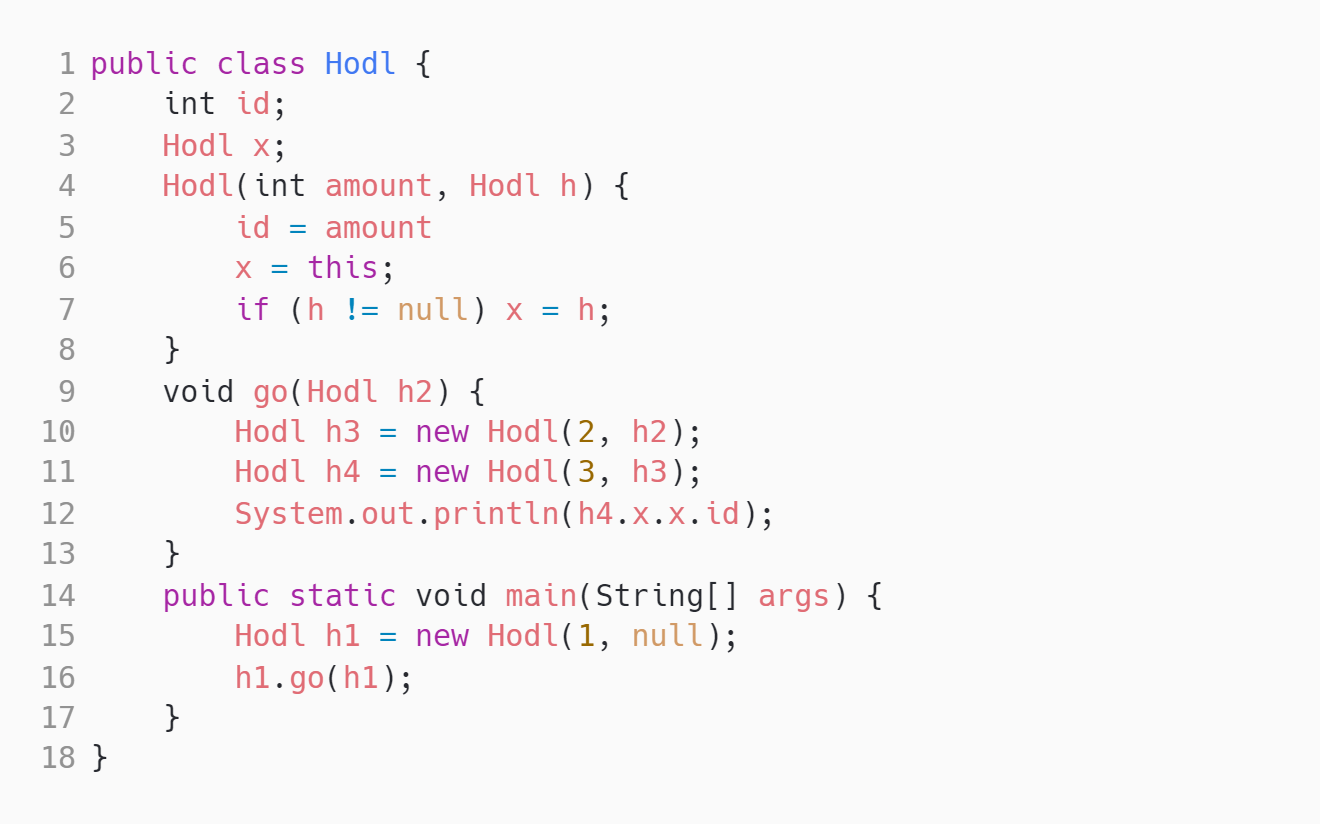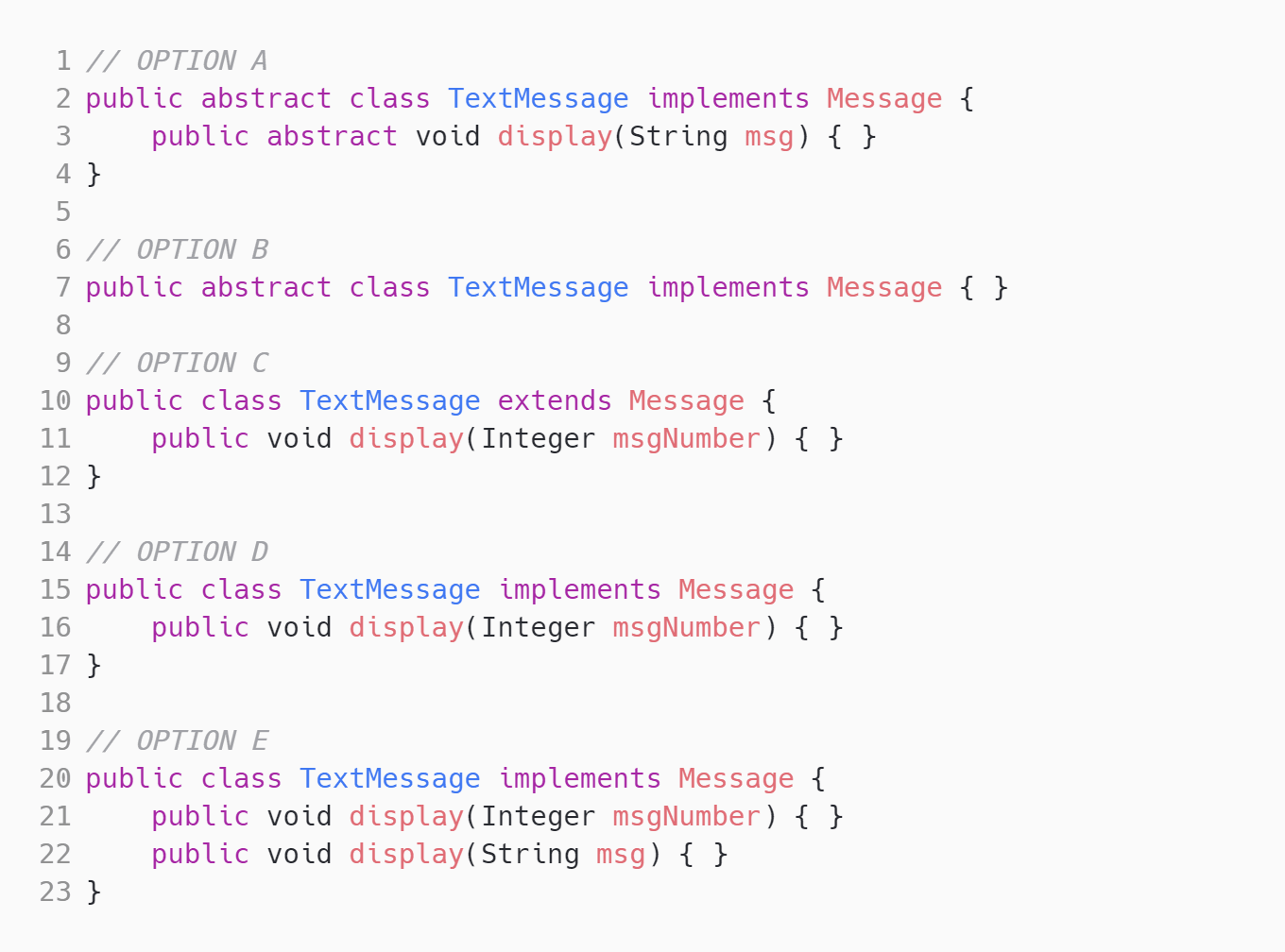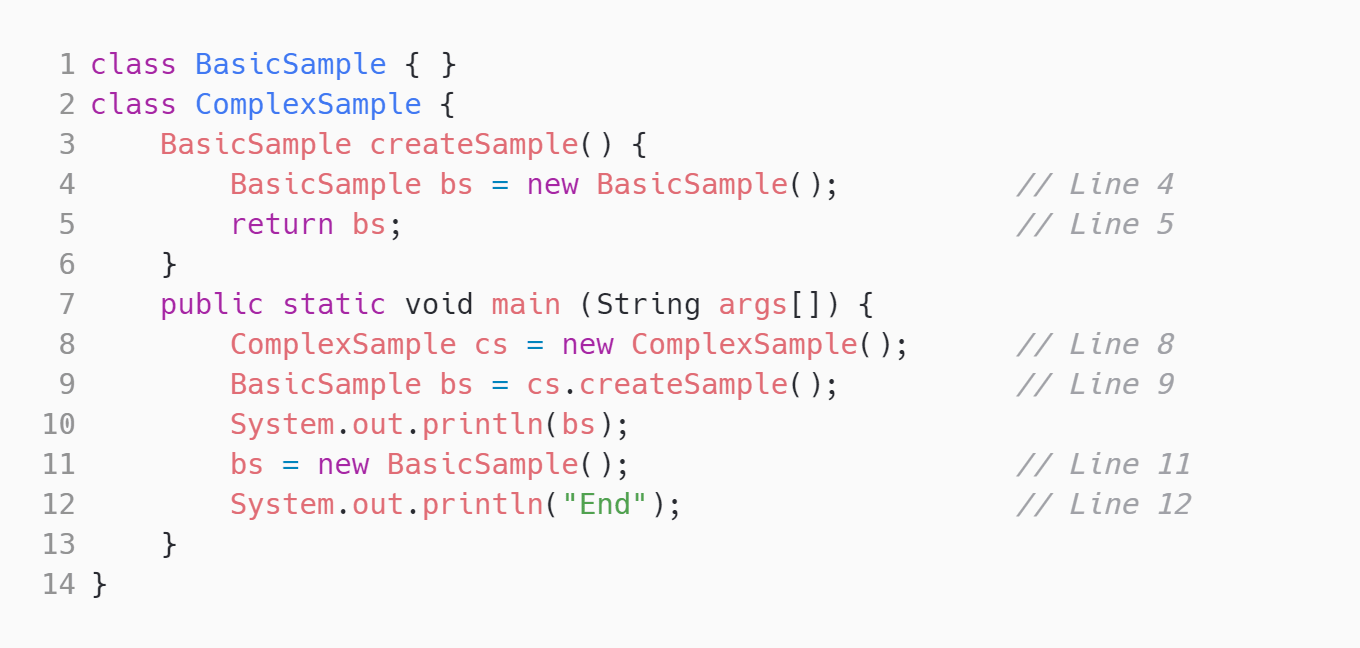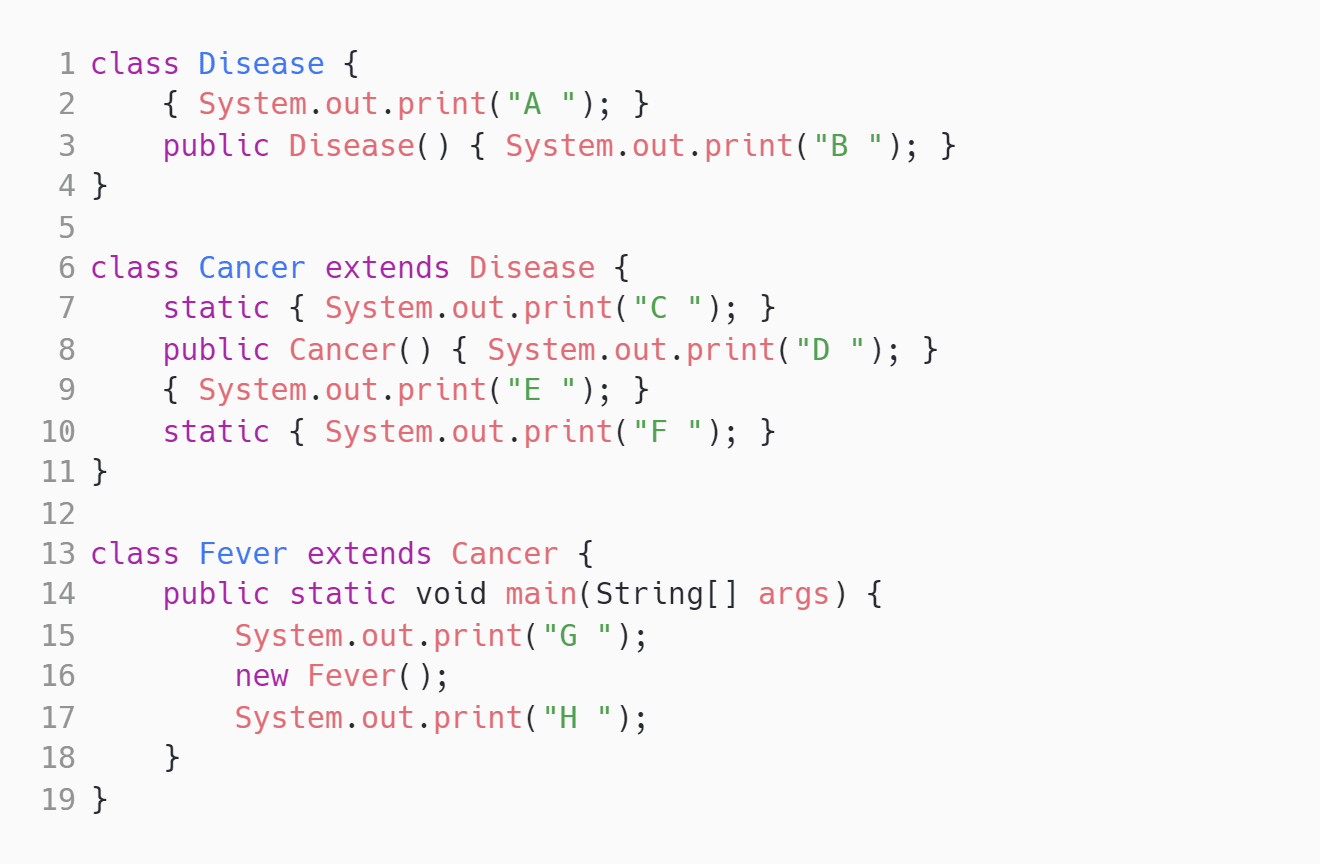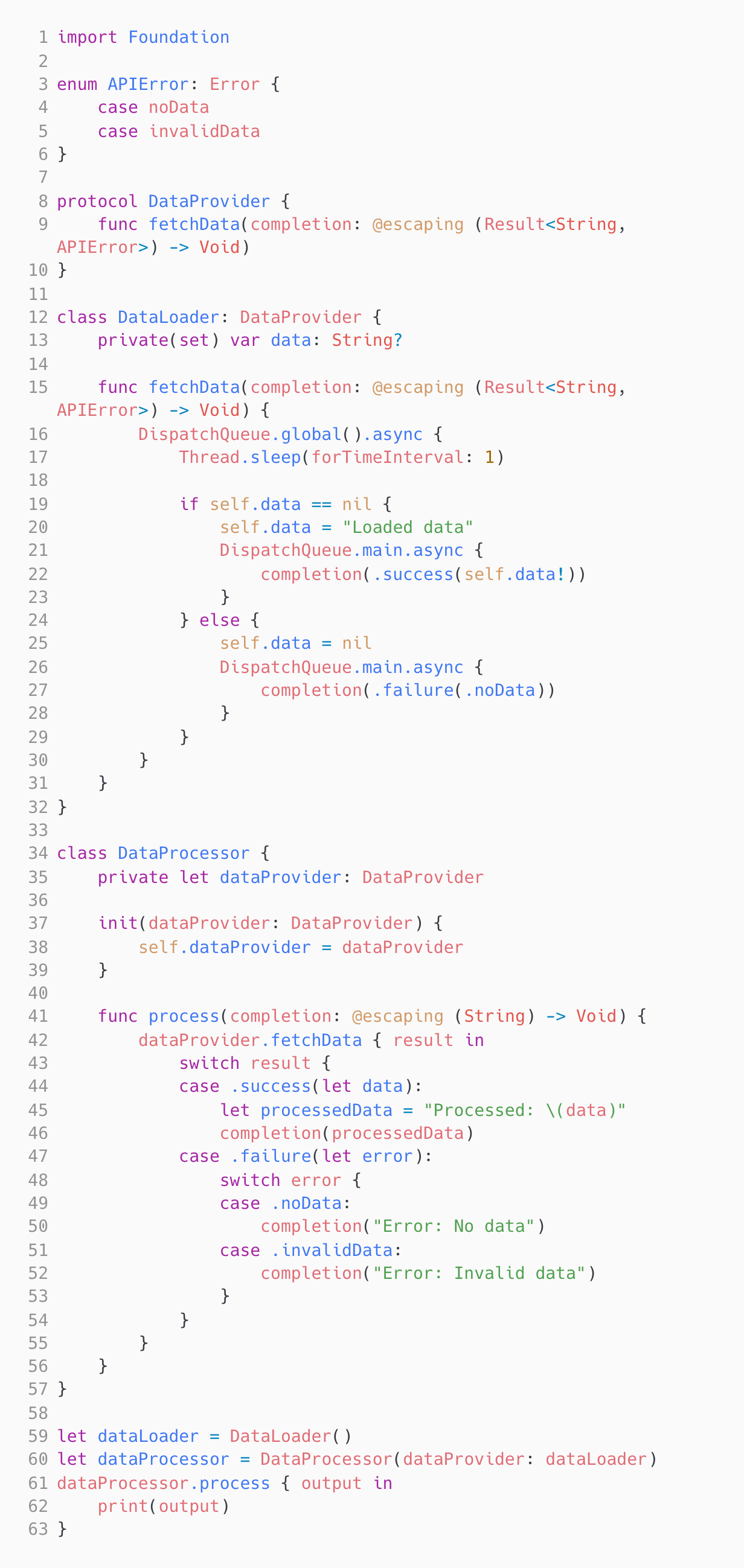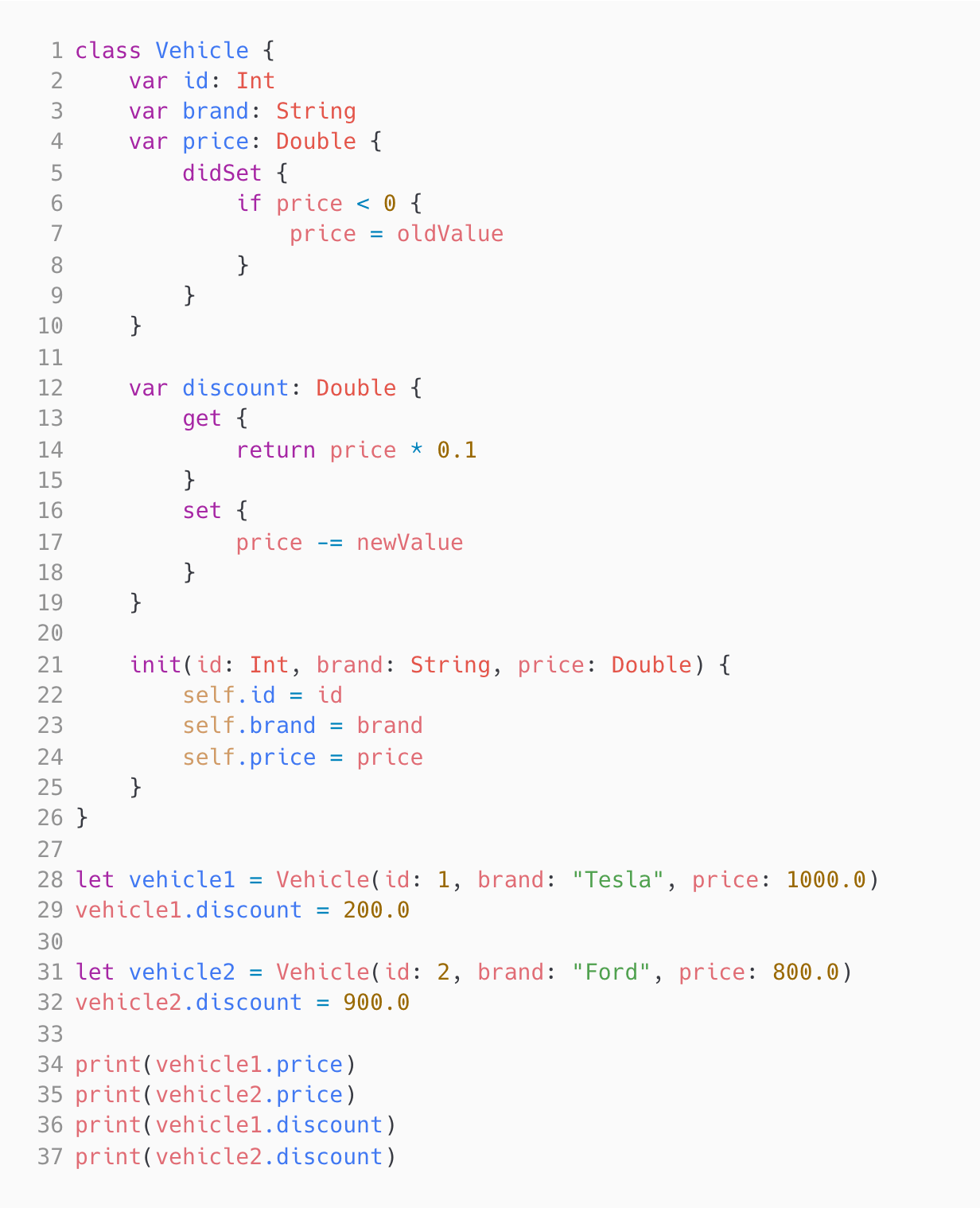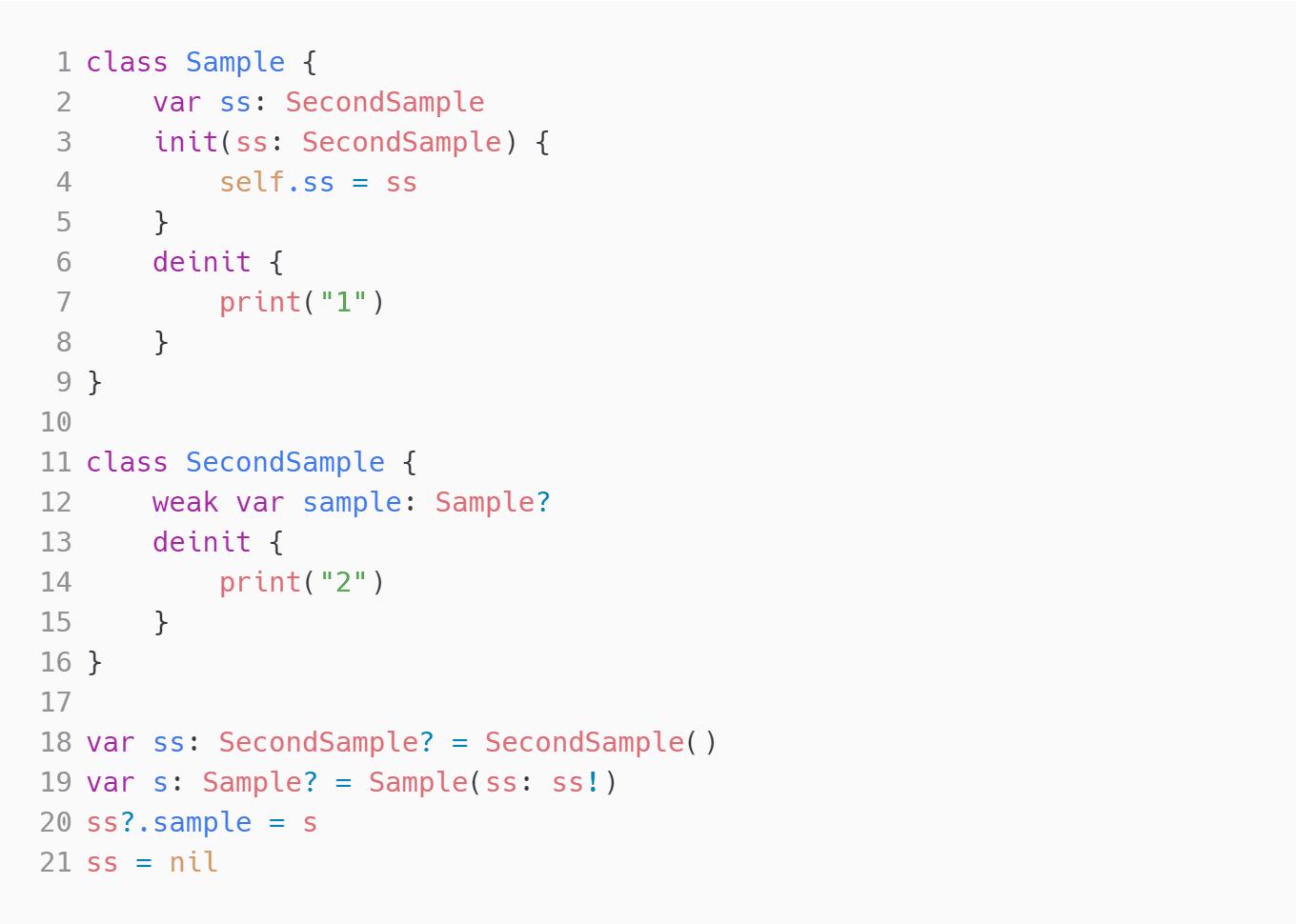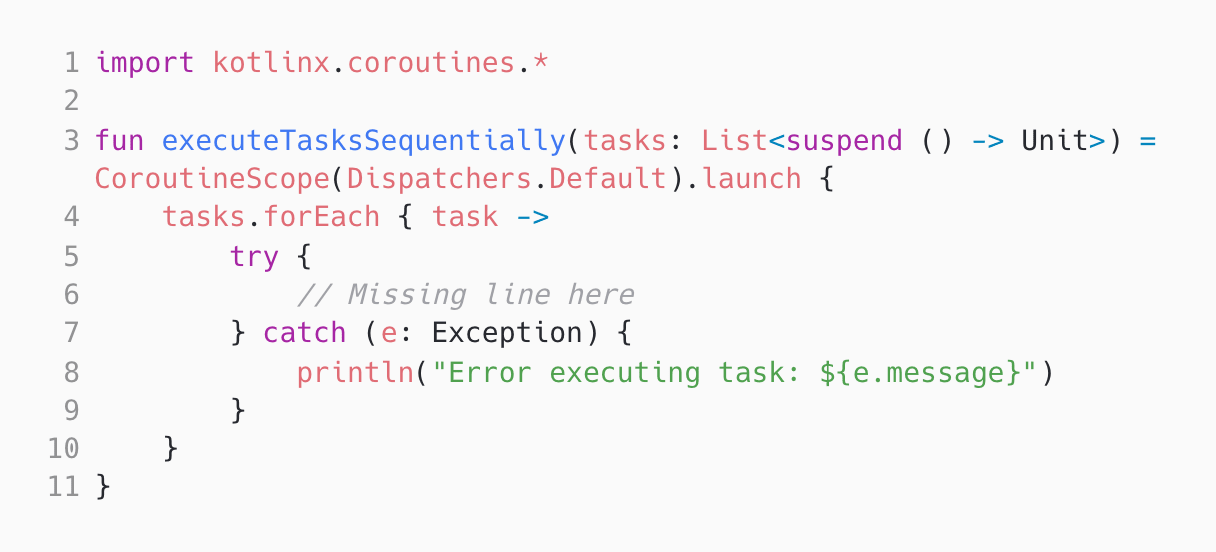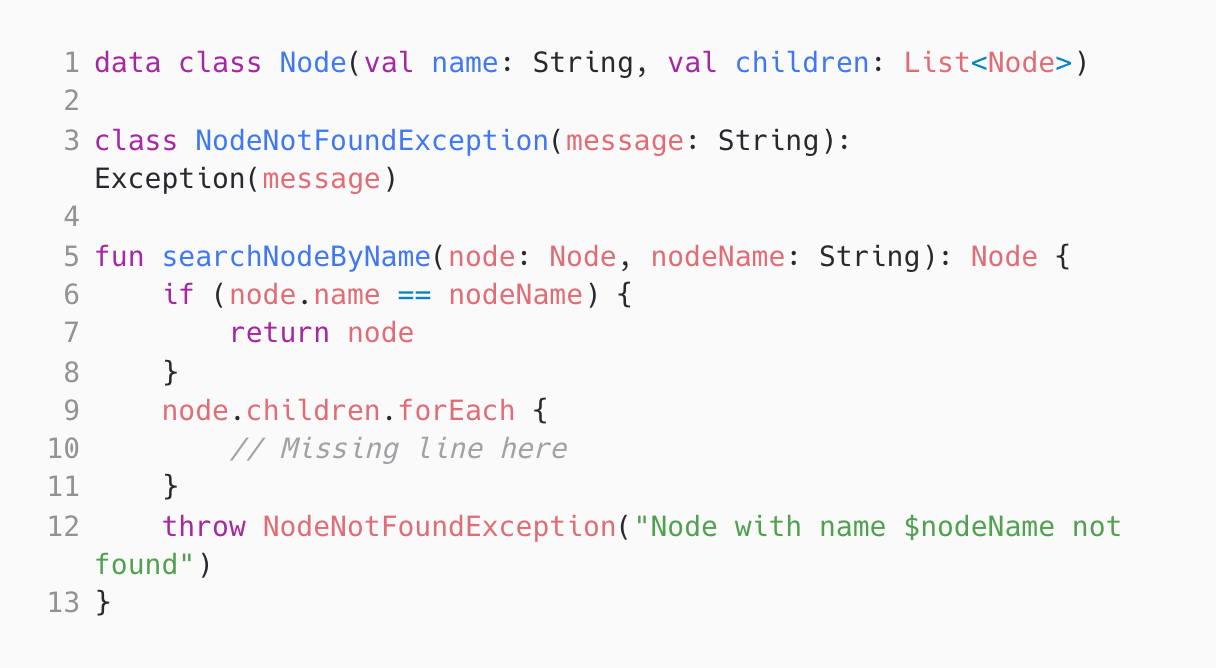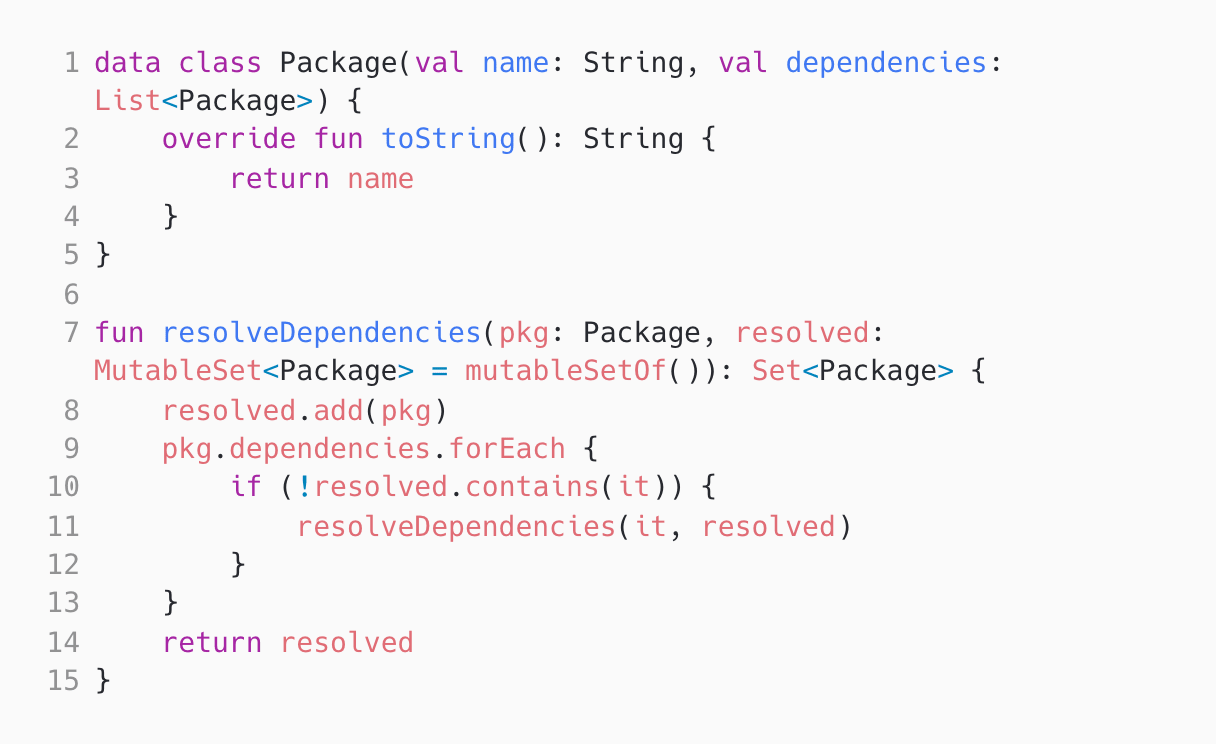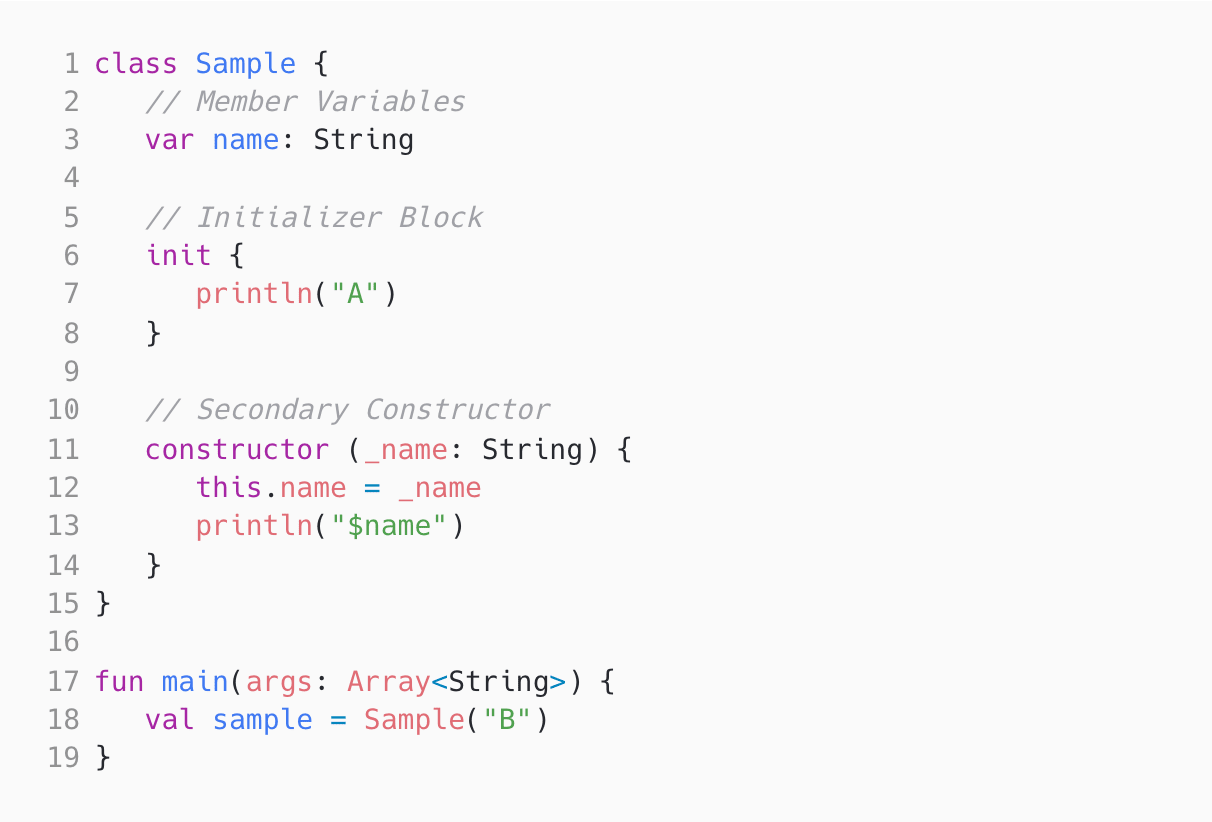Mobile App Development Fundamentals: This skill encompasses the core concepts and principles of building mobile applications. It includes understanding mobile platforms, app lifecycles, and user interface design basics. Proficiency in this area is crucial for creating robust and user-friendly mobile applications.
Android Development: Android development involves creating applications for the Android operating system using Java or Kotlin. It requires knowledge of Android SDK, activities, fragments, and material design principles. This skill is essential for tapping into the vast Android market.
iOS Development: iOS development focuses on building applications for Apple's mobile devices using Swift or Objective-C. It includes working with Xcode, UIKit, and understanding iOS design guidelines. Mastery of iOS development is crucial for reaching Apple's user base.
Cross Platform Mobile Frameworks: This skill involves using frameworks like React Native, Flutter, or Xamarin to develop apps that run on multiple platforms. It allows for code reuse and faster development cycles. Cross-platform expertise is valuable for efficient and cost-effective app creation.
Mobile UI UX Design: Mobile UI/UX design focuses on creating intuitive and visually appealing interfaces for mobile apps. It involves understanding mobile design patterns, gesture-based interactions, and responsive layouts. Strong UI/UX skills ensure better user engagement and app adoption.
Mobile Application Security: This skill covers implementing security measures to protect mobile applications from vulnerabilities and threats. It includes secure coding practices, data encryption, and authentication mechanisms. Security expertise is critical to safeguard user data and maintain trust.
APIs and Networking: This area involves integrating mobile apps with backend services through APIs and handling network operations. It includes RESTful API consumption, JSON parsing, and managing offline functionality. Proficiency in APIs and networking is crucial for creating data-driven mobile applications.
Mobile App Testing and Debugging: This skill encompasses various testing methodologies and debugging techniques specific to mobile applications. It includes unit testing, UI testing, and performance testing on different devices. Effective testing ensures app stability and user satisfaction.
Performance Optimization for Mobile Apps: Performance optimization involves techniques to improve app speed, responsiveness, and resource usage. It includes memory management, efficient algorithms, and minimizing battery consumption. This skill is vital for creating smooth and efficient mobile experiences.
Version Control Systems in Mobile Development: Version control skills involve using tools like Git to manage code changes and collaborate with team members. It includes branching strategies, merge conflict resolution, and code review processes. Proficiency in version control is essential for efficient team collaboration and code management.
Project Management for Mobile Apps: This skill covers managing the mobile app development lifecycle, from planning to deployment. It includes sprint planning, task estimation, and stakeholder communication. Strong project management ensures timely delivery and alignment with project goals.
Mobile App Deployment: Mobile app deployment involves preparing and submitting applications to app stores like Google Play and Apple App Store. It includes app signing, versioning, and understanding store guidelines. Deployment expertise ensures smooth app releases and updates.



















